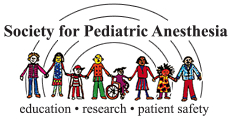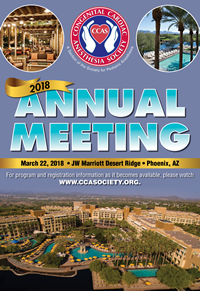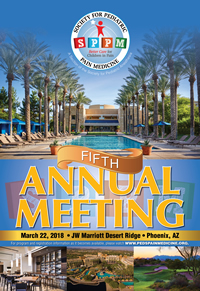NM-262
Perioperative Provider and Staff Competency in Providing Culturally Competent LGBTQ Healthcare.
Walia H, Banoub R, Cambier G, Rice J, Tumin D, Tobias J, Raman V
Nationwide Childrens Hospital, Columbus, Ohio, USA
Introduction: Children and adolescents identifying lesbian, gay, bisexual, transgender, or queer/questioning (LGBTQ) life-styles may encounter a lack of knowledge regarding their sexuality and gender identity, leading to a reluctance to seek even the most basic medical care. Due to the short duration of the perioperative period, the interaction is limited and providers may not have the time to develop a rapport with the patient and family. Hence it is imperative that the staff is trained to address the patient and family in a comfortable manner. We undertook surveys before and after a 2 part educational series among the pediatric perioperative staff including anesthesia providers to understand the impact of providing education and cultural competency training regarding the LGBTQ community.
Methods: A survey was distributed to perioperative healthcare providers before and after a lecture series on cultural competency in caring for LGBTQ patients. Providers self-reported their knowledge and comfort on a 1-5 point scale (5 being most knowledgeable or comfortable) in 6 domains of caring for LGBTQ patients: sensitivity about language and nonverbal communication; not assuming all patients are heterosexual; awareness of multiple minority status; and nonjudgmental communication. Objective knowledge of LGBTQ issues was assessed using 7 questions based on lecture material.
Results: The analysis included 90 responses by 45 participants. Before training, median ratings of knowledge and comfort were 3 or 4 out of a maximum of 5 for each domain; while 6 providers (13%) rated their knowledge or comfort as low (1-2) on at least one of 12 questions. The pre-training median score on the 7-item test of LGBTQ cultural competency was 5 (IQR: 4, 6). After training, knowledge and comfort self-ratings did not improve, but the score on the objective knowledge test increased to a median of 6 (IQR: 4, 7; p=0.011) of 7 possible points.
Discussion: Healthcare providers play a vital role during the perioperative period in easing the associated anxiety by showing compassion, acceptance and approaching patients with an open mind. The goal of this initiative was to ensure an appropriate knowledge base in our perioperative team thereby ensuring the provision of the best care to our LGBTQ patients.
Conclusion: On objective assessment, knowledge of LGBTQ issues improved after a formal cultural competency training.
References:
1. Peters A. Isolation or Inclusion: Creating safe spaces for lesbian and gay youth.
Fam Soc. 2003;84:331-7.
2. Remafedi G. Fundamental issues in the care of homosexual youth. Med Clin North Am 1990;74:1169-79.
Top













